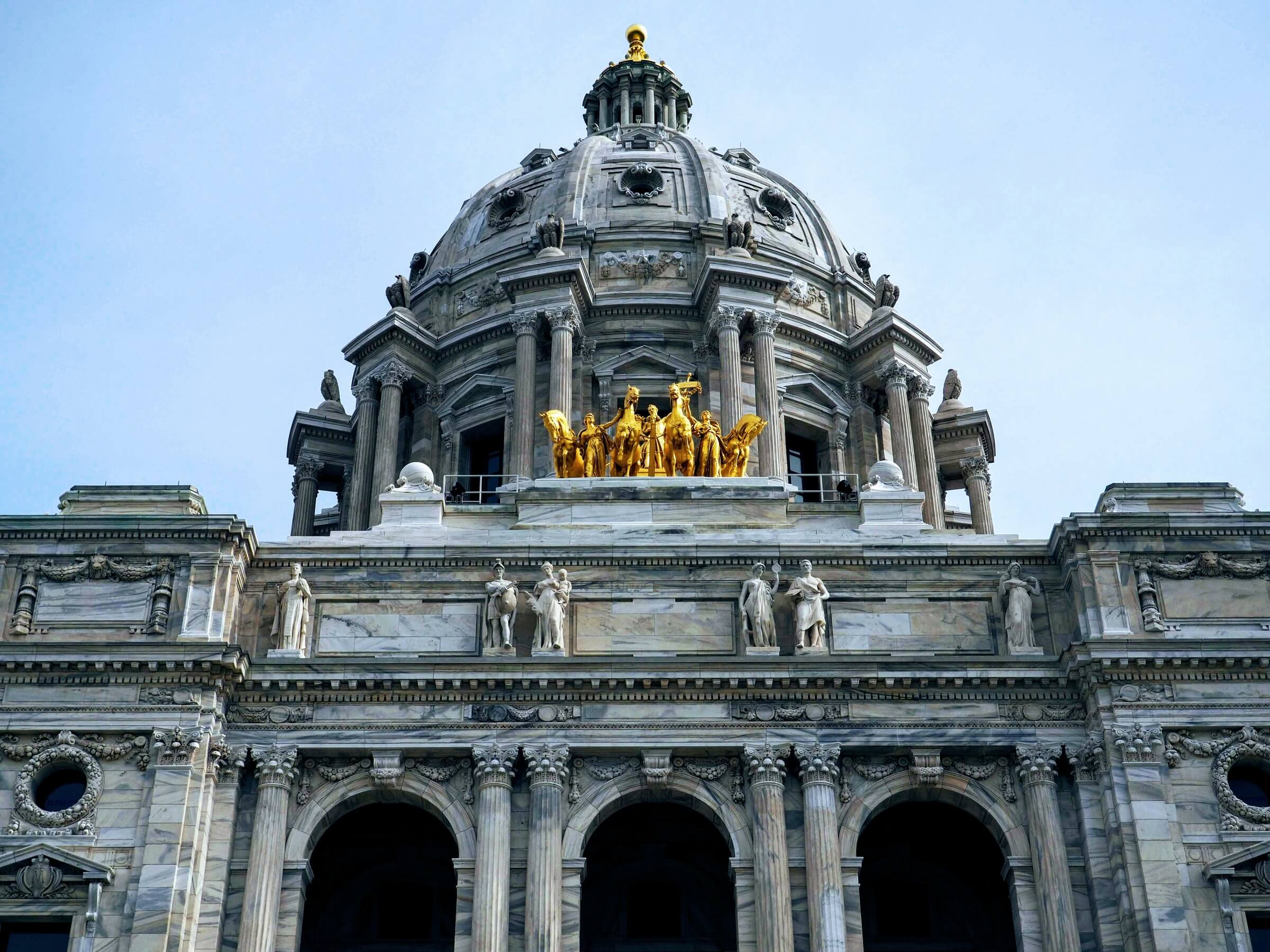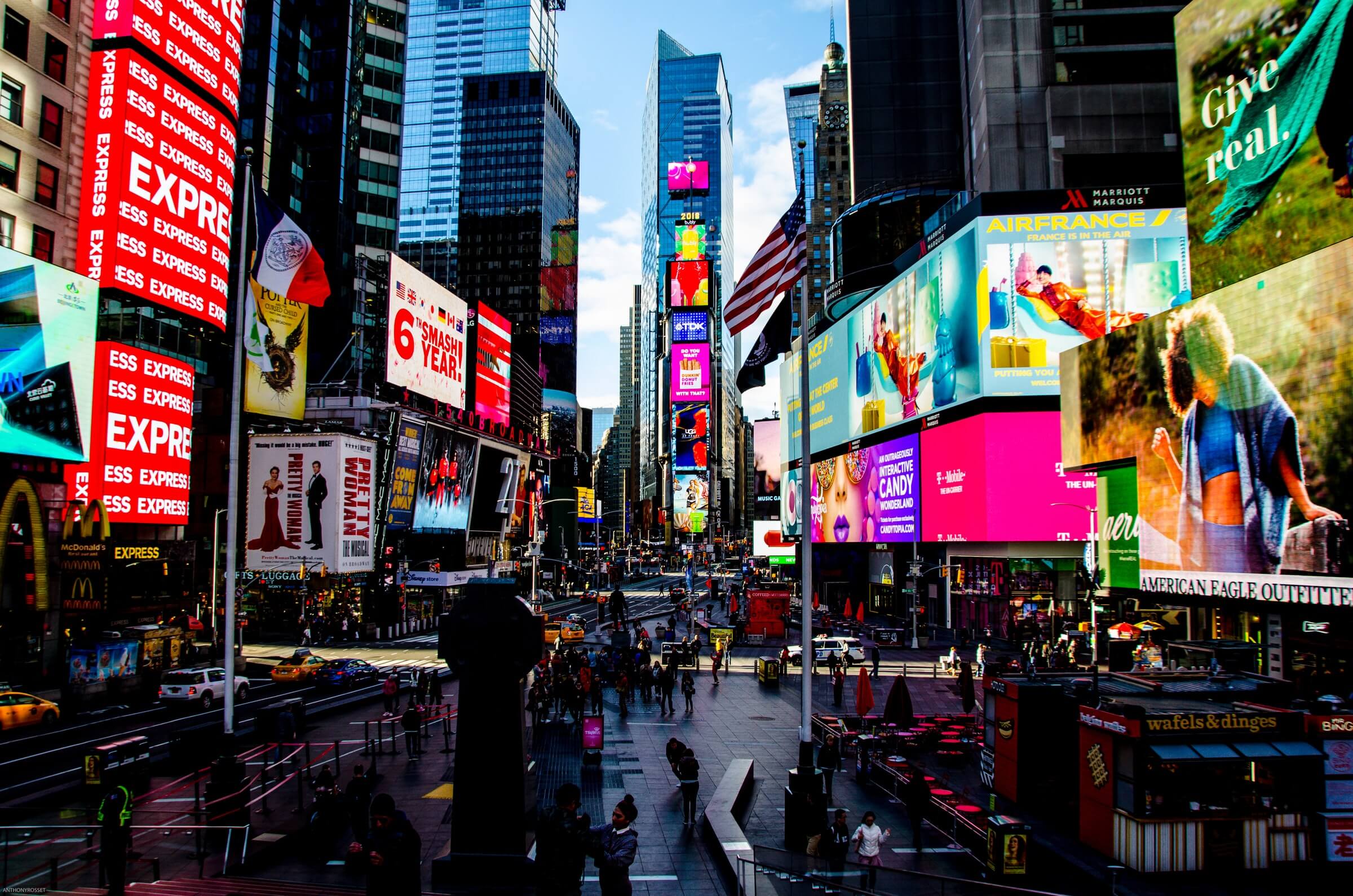Defiance of Sweeping Restaurant and Bar Restrictions is Growing
by David Klemt
Defiance of Covid-19-related bar and restaurant restrictions is growing.
Operators across the United States are showing their willingness to refuse to comply with orders they feel are unjust. From being restricted to delivery and takeout only to crippling capacity limits, restaurant and bar owners are making it clear they have no intention to quietly let their employees and businesses suffer.
The pushback has taken various forms so far, from civil disobedience to organized, peaceful protests.
There’s the #OPENSAFE movement in Orange County, California, to which several dozen operators have committed. These business owners have pledged to operate safely and responsibly but have refused to comply with Governor Gavin Newsom’s orders that banned in-person dining.
86 Politicians, a grassroots movement coming out of Los Angeles County in California, was created as a response to the sweeping orders kneecapping the hospitality industry. If politicians are going to hurt rather than help operators and their employees, 86 Politicians supports recalling and removing them from office.
In New York City, the Latino Restaurant Bar and Lounge Association of New York State and New York City Hospitality Alliance organized a peaceful protest just over two weeks ago. Several hundred restaurant and bar owners, operators and workers gathered and marched against Governor Andrew Cuomo’s ban on indoor dining. Gov. Cuomo’s order was itself defiant: it defied logic and went against the state’s own contact-tracing data.
Now, an operator in Minnesota is facing a five-year suspension of her bar and bistro’s liquor license for defying orders. Lisa Hanson, owner of the Interchange Wine and Coffee Bistro in Albert Lea, roughly 90 minutes south of Minneapolis-Saint Paul, refuses to comply with Governor Tim Walz’s executive order banning indoor service. Hanson has been engaged in this fight since at least December of last year.
Hanson organized a protest—a reportedly peaceful one—of around 200 people yesterday. Protestors marched and chanted from city hall to the courthouse, walking past the Interchange at one point.
The bar and bistro, which has been hit with a temporary restraining order and had its license revoked by the Minnesota Department of Health, has a sign up declaring it a “Constitutionally Compliant Business.” That sign, which appeared in a WCCO 4 News clip and bears the logo, phone number and weblink for the Constitutional Law Group, states that the Interchange doesn’t follow any government official or agency’s “orders or suggestions” for face masks or social distancing.
According to a news report, the Minnesota Department of Public Safety is moving forward with a 60-day suspension of the Interchange’s liquor license. Hanson told reporter David Schuman that she had two choices: “Either I closed permanently or I opened fully.”
Hanson chose the latter. The Interchange’s owner is entitled to a court hearing before her suspension goes into effect. A tip jar at the bar and bistro has been transformed into a legal fund collection.
Whether one agrees with Hanson’s decision to make a stand and risk her liquor license and therefore business is somewhat beside the point. The #OPENSAFE and 86 Politicians movements, the protests in New York City, the story of the Interchange (which has yet to reach its conclusion), all point to increasing tensions.
Many restaurant and bar owners and operators don’t feel as though their voices are being heard. They feel like politicians at all levels of government are targeting them, using the businesses as scapegoats. More and more, the words “arbitrary” and “unfair” are coming up in conversations about rules that are crippling—if not outright killing—the hospitality industry.
Well over 100,000 restaurants and bars in the US have closed permanently since the start of the pandemic in March of last year. Unless officials listen to operators and at least gain a cursory understanding of their needs and challenges, more closures and job losses are imminent.
To be clear, we at KRG Hospitality aren’t against logical, common sense health and safety protocols aimed halting the spread of Covid-19. One of the cornerstones of hospitality is ensuring the safety of guests and employees. However, government officials and agencies are implementing and executing orders that are, quite clearly, uninformed and severely harmful. What works for retail and other industries doesn’t work for our industry.
It’s crucial that pressure be kept on Congress and Senate to vote on the RESTAURANTS Act and ensure it’s signed into law. The 117th Congress was sworn in yesterday and we must continue to demand they do their jobs and save our industry. We’ve been targeted as scapegoats—it’s beyond time we receive targeted relief.
Politicians can expect more protests and less faith in their abilities to govern if restaurant and bar owners and professionals continue to be harmed by their orders. Perhaps the only way to persuade them to help the industry and, in turn, keep their constituents employed, is to imperil their political influence and careers. Eighty-six ignorant and harmful politicians, indeed.


